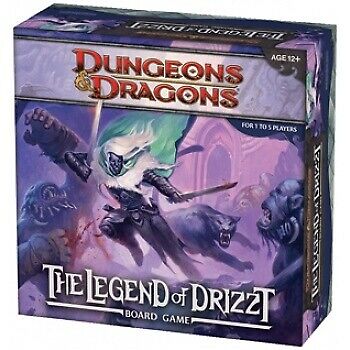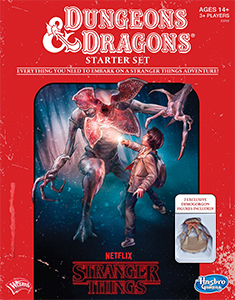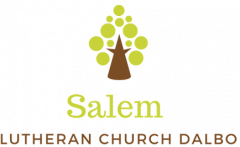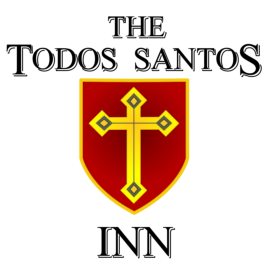Magic framework and their types: arcane and divine magic

In the Dungeons and Dragons game, magic is a power of nature and a region of the planet. Since the distribution of Advanced Dungeons and Dragons (1977), yuan ti dnd name generator magic has been partitioned into two fundamental sorts: arcane, which comes from the world and universe around the caster, and divine, which is propelled from a higher place (or underneath): the domains of divine beings and evil spirits.

Versifiers, alchemists, warlocks, and wizards figure out how to project arcane spells, which are commonly ostentatious and amazing. Priests, druids, officers, and paladins cast divine spells, which draw their force from a god, from nature, or essentially the caster’s inward confidence. While a few spells can be projected by both arcane and divine casters, different spells are restricted to one kind or the other. Crawford featured the topical distinction among divine and arcane magic, where the spell records for divine spellcasters have less dangerous spells and on second thought “will, in general, be loaded up with mending magic, magic that secures individuals. [ Arcane force at its heart is truly in a manner about hacking the multiverse”.
Arcane magic
These are normally spells dedicated to controlling energy, changing one substance over to another, or approaching the administrations of different animals. Under the Vancian magic framework, wizards would approach spells that were focused on memory after a meeting of reflection upon a spellbook containing the subtleties of the chant.
Alchemists are inborn casters whose magic is impacted by the beginning of their arcane association. “A few alchemists follow their magic back to an amazing progenitor, similar to a mythical beast, a heavenly, or a djinni. Others can depict their magic to an extraplanar source, like the covered terrains of the Shadowfell, or the annoying mayhem of Limbo”.
Poets approach both dangerous and recuperating spells. The mending angle is “impacted by Irish folklore” where troubadours use “music and narrating to weave together this magic to reestablish life and wellbeing to others”.
Divine magic
Divine spells take their name from the way that they are essentially allowed to ministers by the beauty of the priest’s benefactor god, albeit the spells cast by druids, officers, and paladins additionally go under this classification. Divine spells shouldn’t be ready from a spellbook.
Minister spells are ordinarily given to either recuperating the injured, reestablishing lost capacities, and getting gifts, or to cause hurt and to revile adversaries. These spells should be ready by the caster every day through a meeting of contemplation or petition. Pastors additionally have the capacity either to turn (drive off or obliterate) or to censure (cow or order) undead, in light of their arrangement. The spells and capacities of a pastor depend on their god, just as their arrangement.
Druid spells are ordinarily dedicated to communing with nature, deciphering or coordinating the climate, speaking with animals and plants, and such. The druid imparts a few spells to the pastor, like some mending spells, and has various hostile spells which utilize the force of nature—calling down lightning storms, for instance, or gathering wild creatures to battle.
Paladin and officer spells are like minister and druid spells, separately, however they are permitted fewer spells each day, just access lower-level spells, and access them all the more leisurely. The two classes have some extraordinary spells that can be genuinely amazing, regardless of their low level.
In the second release, divine spells were separated into 16 topical circles, with pastors, druids, and strength ministers accessing spells from various circles.



